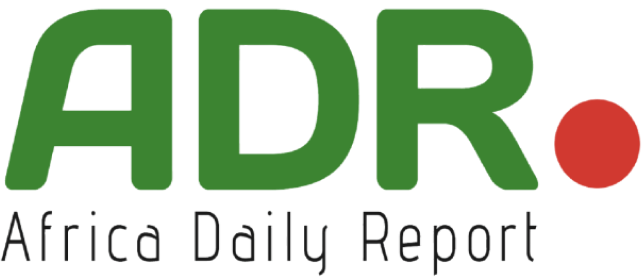
A new president, a maritime deal with neighbouring Ethiopia, the election of Donald Trump in the United States: after several political shifts in 2024, the self-proclaimed republic of Somaliland hopes to see progress in its quest to become Africa’s newest state.
The territory, which enjoys a strategic position at the northwestern tip of Somalia, unilaterally declared independence in 1991, a move rejected by Mogadishu and not recognised by the international community.
But the former British protectorate has since operated autonomously outside the control of Mogadishu, with its own currency, army and police, and democratic elections for its leaders.
Opposition leader Abdirahman Mohamed Abdullahi (known as “Irro”) won the latest presidential election on November 13, according to results announced on Tuesday — taking up the baton from his predecessors to lead Somaliland out of political and economic isolation.
Outgoing president Muse Bihi claims to have taken a decisive step towards that goal by signing a controversial deal with Ethiopia in January to lease 20 kilometres (12 miles) of coastline to its landlocked neighbour for a port and military base.
Bihi has said Ethiopia offered to recognise Somaliland in return, but this has never been confirmed by Addis Ababa and full details of the memorandum of understanding have not been made public.
The agreement nevertheless sparked a fierce diplomatic and military row between Ethiopia and Somalia, which has branded it a violation of its sovereignty, and set international alarm bells ringing over the risk of renewed conflict in the volatile Horn of Africa region.
– ‘Cautious approach’ –
The fate of the New Year’s Day deal is uncertain.
“We are welcoming any initiative and cooperation with Ethiopia, but we have not seen the memorandum,” then opposition leader Irro said on the campaign trail.
Omar Mahmood, a researcher at the International Crisis Group, said the document offered “potential advantages” for Somaliland, a region of about six million people.
“The opposition will likely take the time to analyse it… in a more cautious approach,” he told AFP.
The arrival of Irro, who served as ambassador to the USSR in the 1980s, will mark a change in style, said Guleid Ahmed Jama, a Somaliland lawyer and political analyst.
“As a former diplomat, Irro is going to look at the issue of recognition with less aggressive public engagement and use more traditional channels,” he said.
– Strategic interest –
His government is likely to turn to the United States, where Trump’s election has raised great hope in Somaliland.
Although the president-elect never mentioned Somaliland during his first term in office, nor during the last election campaign, the recognition push has many supporters within his Republican Party.
In Hargeisa, it has not gone unnoticed that granting Somaliland statehood is included in the “2025 Project”, the Trump administration’s roadmap developed by the conservative Heritage Foundation think tank.
According to Heritage, Somaliland’s location at the entrance to the Bab-el-Mandeb Strait — linking the Indian Ocean to the Suez Canal — is of strategic interest in the face of China’s growing influence in the region.
Somaliland, which maintains close ties with Taiwan, is an alternative to its neighbour Djibouti, where Beijing established its only military base abroad in 2017.
Washington also has an ally on the ground in the United Arab Emirates, which manages the port of Berbera via the giant multinational DP World.
Considered more stable and democratic, Somaliland could benefit from “the US’s frustration with Somalia”, where Washington has invested massively for several decades in the fight against the Al-Shabaab jihadist insurgency “which some argue has not seen sufficient change”, said Mahmood.
During his first term, Trump announced the withdrawal of US troops from Somalia, a decision reversed by his successor Joe Biden.
“It’s sure that the status quo will not remain. What is still uncertain, though, is how far that will wind up,” said Mahmood.
For Guleid Ahmed Jama, the quest for recognition will be played out first on the domestic front, where Somaliland must give guarantees of stability after losing control of part of its territory to a pro-Mogadishu militia in August 2023 after months of fierce fighting.
“Addressing domestic issues will strengthen Somaliland’s international standing,” he said.
“Recognition is a process, it is not a one-time job.”
© Agence France-Presse




